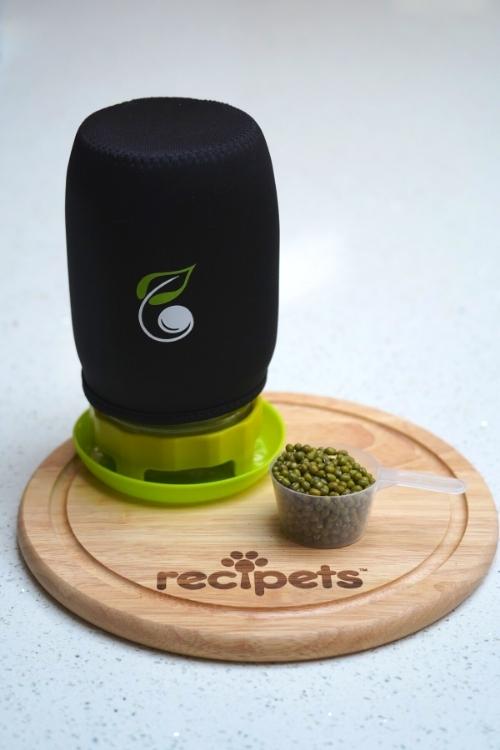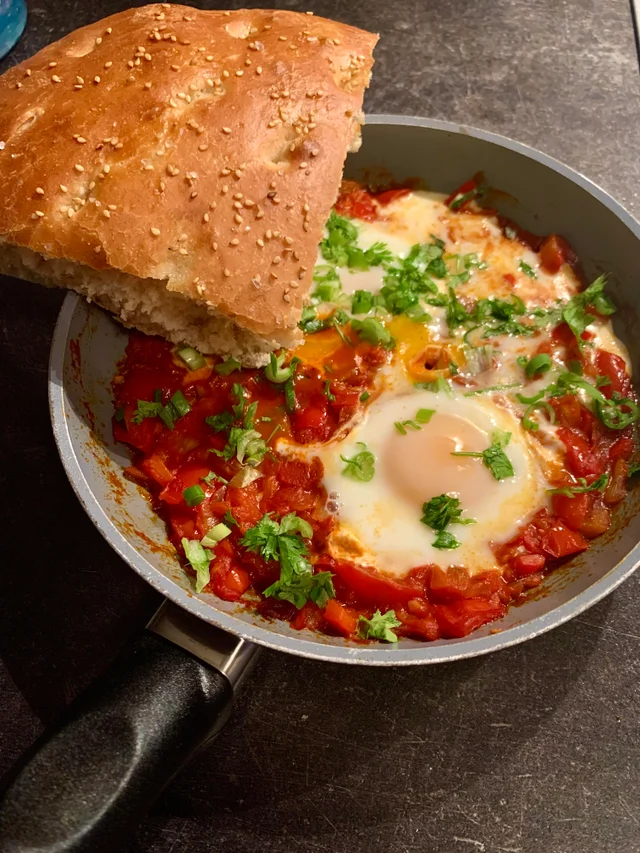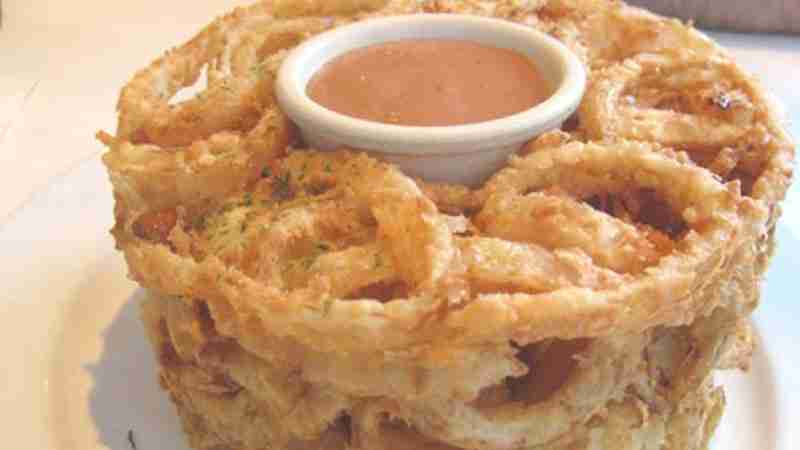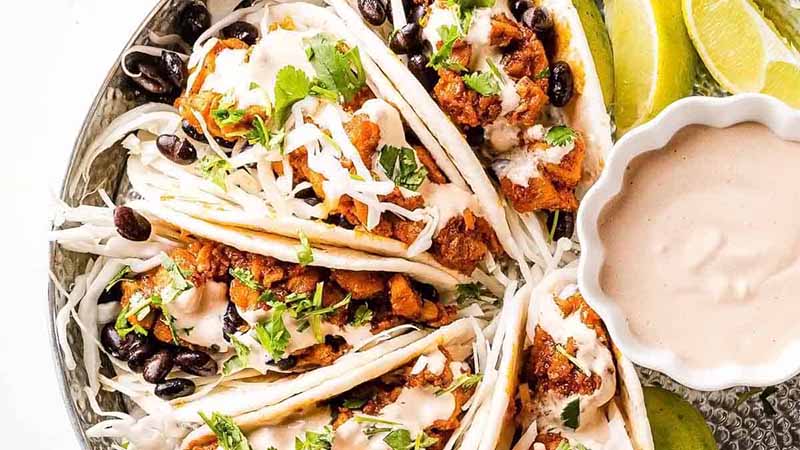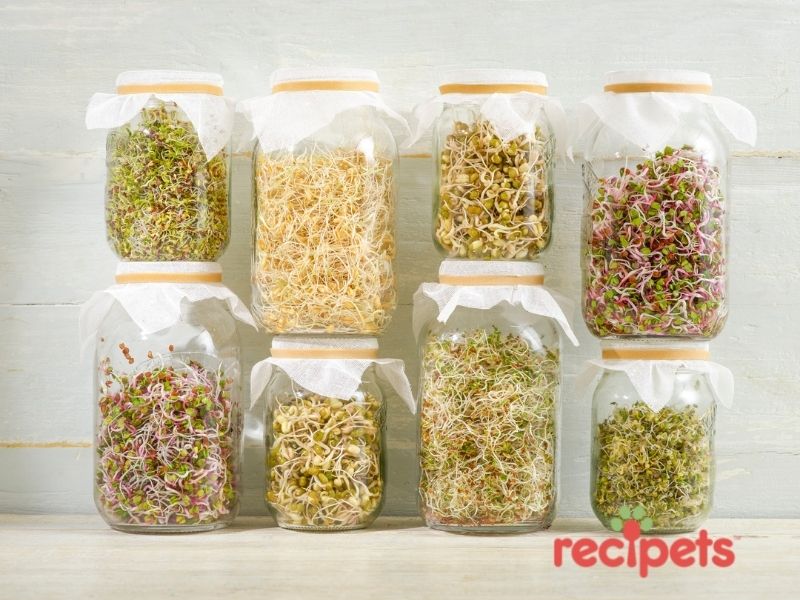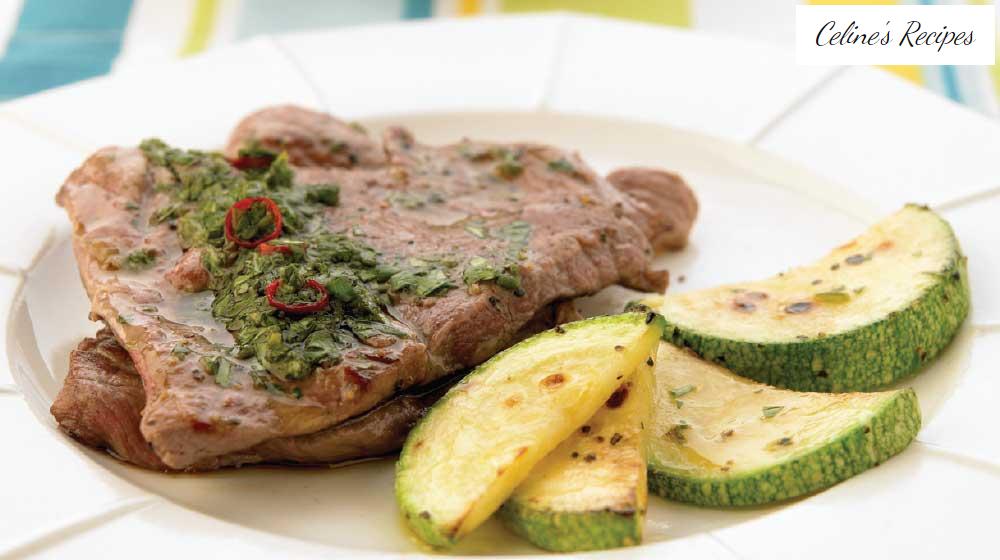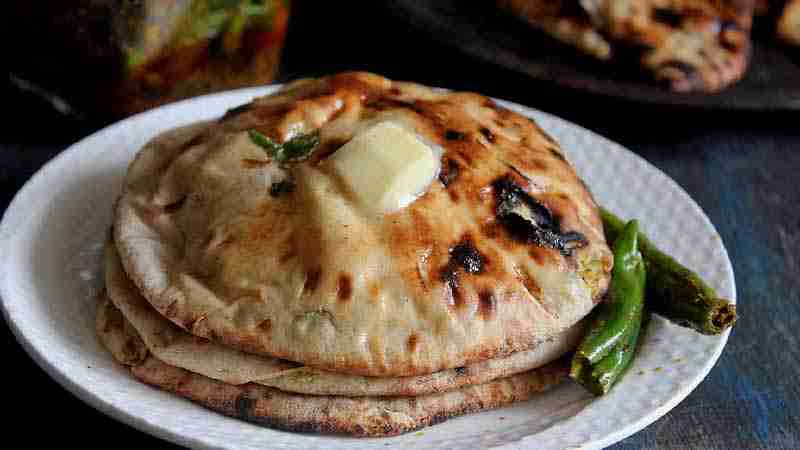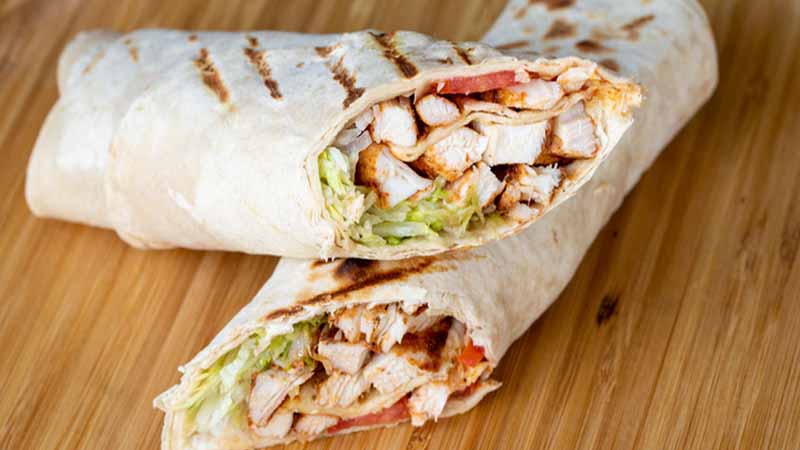[ad_1]
I love parrots and I love fresh sprouts, so when I discovered parrot-safe sproutables, I was excited! Seeds, grains, and legumes can all be used to grow delicious and nutritious sprouts that are safe for parrots. If you’re looking for a fun and nutritious addition to your parrot’s diet, look no further than sprouting your own foods. Sprouts are an excellent way to provide your parrot with essential vitamins, minerals, and antioxidants. Not only are they healthy, but they’re also easy to grow at home.
In this article, we will discuss how to prepare and grow parrot-safe sproutables at home. We’ll also take a look at the nutritional benefits of different types of seeds, grains, and legumes for parrots. So whether you’re just getting started with sprouting or you’re a seasoned pro, read on for some helpful tips!
What are sproutables?
So what are sproutables, exactly? Sproutables are seeds, grains, or legumes that have been specifically grown to be eaten as sprouts. When these foods are germinated (sprouted), they become a source of vital nutrients and enzymes that can support your parrot’s health.
Do I need special sprouting seeds??
No, you don’t need to purchase any special seeds in order to grow parrot-safe sprouts. You can use any type of seed, grain, or legume that you like. However, it’s important to choose a variety that is safe for parrots. Some plants and fruits contain toxins that can be harmful to parrots, so it’s important to only use seeds, grains, and legumes that are specifically labeled as “parrot-safe.”
You can find parrot-safe sproutables at most pet stores or online. I’ve included a list of some of my favorite parrot-safe sproutables below.
What are sprouts?
Sprouts are what we call germinated foods. They are eaten before the leaves have developed. The most common type of sprout is the mung bean ( beansprouts), but there are many other types of beans and seeds that can be used to make sprouts. Sprouts are a great source of nutrients for both humans and animals, and they are easy to grow at home.
What is sprouting?
Sprouting is a method of growing seeds. The process of sprouting involves soaking seeds in water and then placing them in a jar or other container with a lid. The container is then left in a warm place for a few days. After a few days, the seeds will begin to sprout and can be fed to your parrot. Follow the safe sprouting guide below to minimize the risk of moldy or spoiled sprouts. It is a process you need to follow and sprouting is not for everyone as you need to regularly rinse your sprouts to avoid problems. But go on, get a jar and give it a go!
What You Need to Know About Growing Sprouts for Your Parrot
When it comes to feeding your feathered friend, you want to give them the best possible diet. That’s why we’ve put together this guide on how to grow parrot-safe sproutables at home. In just a few easy steps, you can provide your bird with fresh, nutritious snacks that they’ll love!
Why parrots should eat sprouts
There are a number of reasons why parrots should eat sprouts. First and foremost, sprouts are a great source of nutrients for parrots. They contain essential vitamins, minerals, and antioxidants that can support your bird’s health. Additionally, sprouts are low in fat and calories, making them a healthy snack choice for parrots on a diet.
Another benefit of sprouts is that they are a source of enzymes. Enzymes are important for digestion and can help your parrot to better absorb the nutrients from their food. Sprouts also contain probiotics, which are beneficial bacteria that support gut health. Finally, sprouts are a great way to introduce new flavors and textures to your parrot’s diet. They are a delicious and nutritious addition to any bird’s menu.
The nutritional benefits of different types of sproutables
There are many different types of seeds, grains, and legumes that can be used to grow sprouts. Each one has its own unique set of nutrients that can benefit your parrot’s health. Here is a look at the nutritional benefits of some common sproutables:
Seeds
Seeds are a great source of essential vitamins and minerals, including vitamin A, B vitamins, calcium, magnesium, and potassium. They also contain antioxidants that can help to protect your parrot’s cells from damage. Seeds are a good source of protein and fiber, making them a healthy choice for parrots on a diet.
Grains
Grains are a good source of carbohydrates, B vitamins, and minerals like iron and zinc. They also contain antioxidants that can help to protect your parrot’s cells from damage. Grains are an excellent source of fiber, which can help to regulate digestion.
Legumes
Legumes are a good source of protein, fiber, and minerals like iron and zinc. They also contain antioxidants that can help to protect your parrot’s cells from damage. Legumes are an excellent source of folate, a B vitamin that is important for pregnant parrots.
What are the benefits of growing your own sprouts?
There are a number of benefits to growing your own sprouts. First and foremost, it is a very affordable way to provide your parrot with fresh, nutritious snacks. It only takes a small amount of seeds or beans to grow a large batch of sprouts, so you can save money by growing them at home.
Another benefit of growing your own sprouts is that you can control the quality of the food. You know exactly what goes into your sprouts, and you can be sure that they are free from pesticides and other harmful chemicals.
Interestingly, the sprouting process also helps break down complex carbohydrates, proteins, and fiber which makes it easier for your parrot to absorb nutrients like iron, zinc and vitamin C. This is because the enzymes in the seed have begun to work, which makes them more digestible. Additionally, sprouting increases the nutrient levels of the seed as well as its vitamin and mineral content.
Finally, growing your own sprouts is a great way to introduce your parrot to new flavors and textures. By giving them a variety of different sproutables to try, you can help them to expand their culinary horizons.
How to grow parrot-safe sprouts
Now that you know a little bit more about the nutritional value and benefits of sprouts, let’s take a look at how to grow them yourself. The process is simple and can be done with just a few basic supplies. Here are the steps:
Equipment you need
To grow your own sprouts, you will need a few basic supplies. You will need a container to grow the sprouts in, some seeds or beans to sprout, and water. A sprouter is not necessary, but it can make the process easier. If you do not have a sprouter, you can use a jar, a bowl, or even a paper towel.

What are sprouters and why do you need them?
Sprouters are a device used to grow sprouts. They can be made from a variety of materials, including plastic, glass, or stainless steel. Sprouters come in a variety of shapes and sizes, but the most common type is a jar with a screened lid that you invert. This type allows you to easily drain the water from the sprouts and keep them aerated.
Which sprouters are the best for growing parrot-safe sproutables?
We prefer using glass sprouters with a stainless steel mesh. This is because you can easily sterilise the jar and the mesh is rustproof. A small mesh is ideal as it will not allow seeds to fall through, but it will allow them to drain and provide aeration.
Prices pulled from the Amazon Product Advertising API on:
Product prices and availability are accurate as of the date/time indicated and are subject to change. Any price and availability information displayed on [relevant Amazon Site(s), as applicable] at the time of purchase will apply to the purchase of this product.
How to use a sprouter for the first time
If you are new to sprouting, it is best to start with a small batch. This will help you get used to the process and allow you to troubleshoot any problems that may arise.
Clean and sterilize the sprouter.
Clean and sterilize the sprouter. To prepare your sprouter, first wash it with hot soapy water and then sterilize the glass jar. you can do this in the microwave by heating it on high for two minutes. Be sure to let the jar cool before adding the seeds or beans.
Add seeds, beans or grains

The next step is to add the seeds or beans to the sprouter. You can use any type of seed or bean from this list, but it is best to start with a small variety that you are familiar with. The amount you will need to add depends on the size of your sprouter. But, for your first batch, you will need about one tablespoon of seeds.
Sterilize sproutables

Now cover the seeds with water and a teaspoon of Apple Cider Vinegar. We add this to help to kill any bacteria or mold that may be present on the seeds, otherwise they will grow and spoil your crop. Leave to soak for 15 minutes.
Rinse the seeds with filtered water.
Soak the seeds overnight
The next step is to soak the seeds overnight. This will help them to germinate and begin to sprout. Cover your seeds with clean, filtered water and place the sprouter in a dark place and let it sit for 12 hours.
Prepare for sprouting

Once soaked, you can now rinse the seeds again and return to the jar.
Cover and wait!
Place the jar upside down to allow any excess water to drain and place your jar in a warm, dark, room. If you have the same sprouter that I have ( buy it here) you can just pop on the handy sleeve and leave the jar in a warm room, like the kitchen or bathroom.
Rinse every day

Rinse your sprouts with filtered water at least three times a day to prevent spoiling. This is what they look like after 3 days
Keep rinsing

Rinse morning, noon and night until your sprouts are at the desired length.
Supply:
Is it safe to sprout?
Though many people consider sprouts to be a healthy addition to their diet, they can also be a high-risk food for bacterial contamination. In fact, the Centers for Disease Control and Prevention (CDC) has warned that sprouts are one of the most common sources of food poisoning in the United States. To protect yourself and your family from potential illness, it is important to take steps to ensure that your sprouts are safe to eat.
Though it may be safe to grow sprouts at home, commercial production of sprouts is difficult to keep bacteria-free. In fact, outbreaks of food-borne illnesses are often linked to the consumption of contaminated sprouts. For this reason, it is important to take precautions when growing your own sprouts at home.
At home, you can greatly reduce the risk of foodborne illness by sprouting your own seeds. You can buy a sprouter or use a jar, and you will need some water and organic seeds. Soak the seeds overnight, then rinse and drain them twice a day. In about three days, you will have delicious, nutritious sprouts to feed to your parrot!
Are cooked sprouts are safe to eat?
Yes, it is safe to sprout. In fact, cooked sprouts are a healthy and nutritional addition to your bird’s diet. They provide essential vitamins and minerals that help keep your bird healthy and happy.
What bacteria can be found on sprouts?
The types of bacteria that can be found in raw seed sprouts include: E. coli, Salmonella, and Listeria which are the three harmful bacteria that can cause infection and illness in your parrot.
Do sprouts carry a risk of illness for my parrot?
Though scientists and health enthusiasts have long touted the nutritional benefits of sprouts, some people have raised concerns about their safety. Specifically, there is a fear that harmful bacteria or mold could grow on the sprouts and cause illness in pets and humans. However, if you take a few simple precautions when growing your own sprouts, you can minimize any potential risk.
Tips on choosing foods to sprout
- Always buy organic human food-grade products.
- Grains – choose whole grains, and not Pearled, Polished, or Steel Cut.
- Legumes – choose whole peas, lentils etc., and not Split.
- Do not sprout Sorghum (aka Milo, Mega- or Super-Millet).
A List of Easy Sproutables for Parrots
Here’s our list of easy sproutables to get you started. If you want to try others, check out this comprehensive list of seeds, grains and legumes to sprouts for parrots.
- Mung beans ( beansprouts)
- Sunflower seeds
- Chickpeas
- Cress
- Lentils
- Peas
- Pumpkin seeds
Check this list of: 45 Seeds, Grains and Legumes to Sprout for Parrots
Sprouting seeds for parrots FAQs
Why do my sprouts smell bad?
Most of the time, a bad smell coming from your sprouts is due to either poor air circulation or bacteria growth. Make sure to keep your sprouting container in a well-ventilated area and rinse your sprouts regularly to prevent bacteria from growing.
Why do my sprouts always go moldy?
Sometimes you may notice that your sprouts always go moldy. This is because they are being exposed to too much light and moisture, which can lead to the growth of mold or bacteria. You can combat this by covering the container with a lid or towel, and providing your sprouts with less light and moisture.
How much seed do you use?
In general, a tablespoon of seeds is perfect for a normal-sized sprouting jar.
How do I prep the seeds for sprouting?
To prepare the seeds for sprouting, you need to sterilize them in a solution of 3% bleach and water or a teaspoon Apple Cider Vinegar and water. Leave them in the solution for 15 minutes to kill off harmful bacteria.
How do you disinfect seeds before sprouting?
To prepare the seeds for sprouting, you need to sterilize them in a solution of 3% bleach and water or a teaspoon Apple Cider Vinegar and water. Leave them in the solution for 15 minutes to kill off harmful bacteria.
Do you need to sanitize sprouting seeds?
Sanitizing seeds is a process that removes pathogens, such as bacteria and fungi, from the surface of food. Sanitizing sprout seeds should be done before they are grown and eaten by your parrot.
Can I use any type of seed to grow sprouts?
You can use nearly any type of seed to grow sprouts, but some seeds are better than others. You can find a list of parrot-safe seeds in the article above.
What is the difference between sprouting and germinating?
The main difference between sprouting and germinating is that when you sprout a seed, you are actually growing the plant. When you germinate a seed, you are just getting the plant to start growing. For parrots, it is best to only sprout seeds, as germinated seeds may be too tough for them to digest.
How long do the sprouts last?
If you store your sprouts in a sealed container in the fridge, they will last for about two days.
Can I use any type of water to soak my seeds?
Use clean water to soak your seeds, but it is best to use filtered or purified water.
How long do I have to wait before I can start feeding my parrot sprouts?
You can start feeding sprouts as soon as they are ready. This will depend on the type of seed you are using and how big you want the sprouts to be.
Can I grow sprouts in the sun?
No, you should not grow your sprouts in direct sunlight as it will damage them. Try to find a warm, dark room instead.
Is sprouting seeds at home safe?
Yes sprouting is safe at home if you take the right precautions and pay attention to your sprouts.
[ad_2]
Source link

